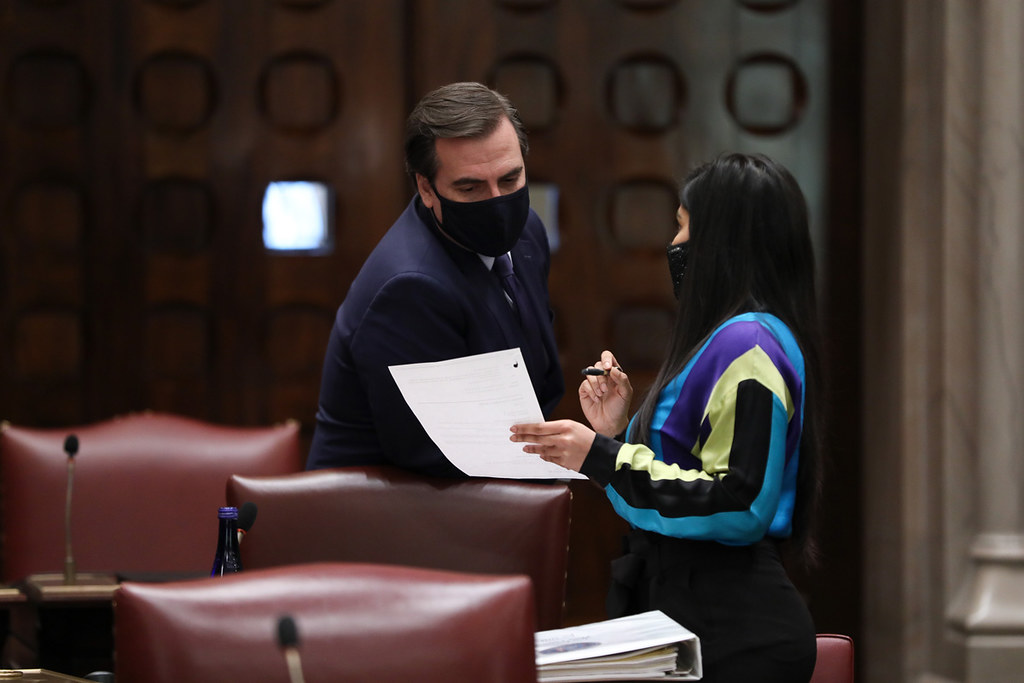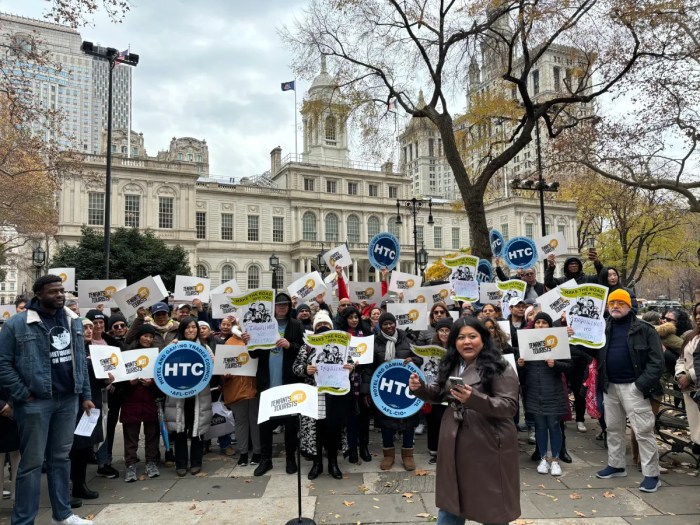Seeking to shed more light on the way the government operates, state Senator Michael Gianaris announced his legislation requiring state agencies to make the rule-making process more accessible was passed in the upper chamber this week.
Gianaris’ bill mandates agencies hold hearings when petitioned by at least 125 people and use innovative techniques for those public hearings.
The Senate took up the legislation as part of “Sunshine Week,” an annual effort to advocate for greater transparency in government.
“The COVID-19 pandemic taught us the crucial importance of transparency in government,” Gianaris said. “We should live up to our progressive ideals and make our government truly accessible to the people it serves.”
Gianaris’ legislation creates a three-year pilot program of seven major state agencies – Education, Environmental Conservation, Health, Financial Services, Labor and Family Assistance – requiring these agencies to hold public hearings anytime they are petitioned by 125 residents. The measure is sponsored in the lower chamber by Assemblyman Zohran Mamdani.
“Allowing public hearings to be on evenings and weekends allows for more participation by working-class New Yorkers,” Mamdani said. “Designating time for the public to question agency personnel creates more opportunities for transparency. Creating a program through which members of the public can demand a hearing reminds rule-makers that they are ultimately accountable to the people. These are all steps that empowers each and every New Yorker to be a part of political processes that too often operate in the shadows.”
Several other states, including California, Arizona, Idaho, New Hampshire, Illinois, and Utah have similar requirements for agencies to hold hearings. Additionally, Gianaris’ bill requires these agencies to use innovative techniques to encourage greater public participation.





































